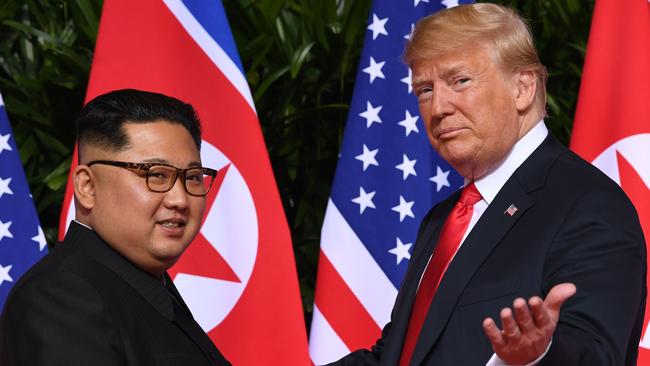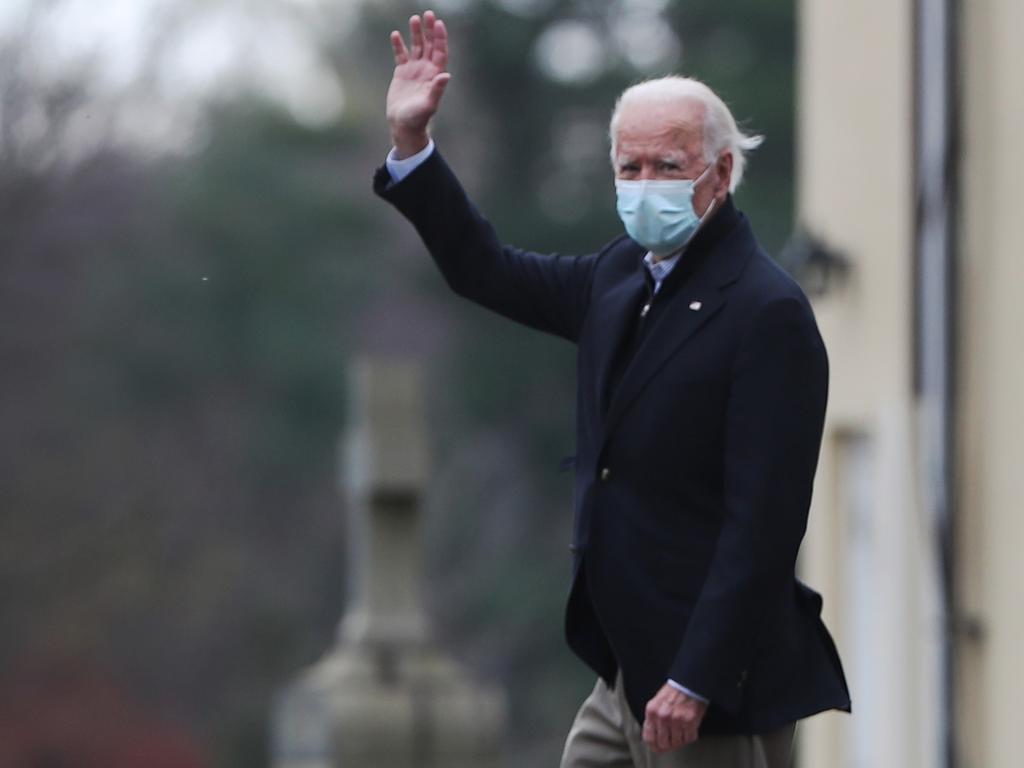Trump’s strategic mess will take years to repair

Not only did Trump pursue a love affair with North Korean dictator Kim Jong-un and remain smitten with Russian President Vladimir Putin, he also badmouthed America’s European allies when he was not undermining them outright. At the Munich Security Conference in February, French President Emmanuel Macron and German President Frank-Walter Steinmeier acknowledged Trump had damaged the trans-Atlantic alliance. Their message was clear: if Trump won a second term, the partnership that has constituted the geopolitical West would never be the same.
Trump’s treatment of US allies in Asia has given Europeans ample warning to be prepared for more deterioration in the security relationship. Despite the North Korean nuclear threat and China’s growing power, Trump tried to turn alliances with South Korea and Japan into pay-as-you-go relationships. Fortunately, Biden understands what Trump doesn’t: that defence pacts with those two countries have underpinned East Asia’s stability for 70 years and paid off handsomely for the US.
South Korea and Japan can attest to the fact “America First” was no mere slogan. With the Host Nation Support Agreements that determine the details of America’s presence in each country up for renegotiation this year, Trump repeatedly threatened to withdraw US forces from both countries unless they paid more for what he called American protection.
In fact, South Korea and Japan already share mutual defence costs and have underwritten the US military presence in Northeast Asia for decades. South Korea pays more than 40 per cent of the operating costs of US forces stationed there; it also covered 92 per cent of the US command’s $10.7bn move to new facilities outside of Seoul, and it purchases billions of dollars’ worth of US military hardware. Japan provides $2bn a year to support 54,000 US troops; it purchases 90 per cent of its military hardware from US companies, and it has furnished $19.7bn (77 per cent of the cost) for the construction of three major bases.
For nearly a year, Trump administration officials have demanded their South Korean counterparts quadruple their country’s $1bn in financial support. Add to that leaks describing possible US troop withdrawals and the announcement in July that 12,000 US forces would leave Germany.
The testy political relationship between South Korea and the US means negotiations won’t be easy. In Japan, formal talks began last month, and the government has until next March to renew its agreement. Trump’s defence officials told their Japanese counterparts to expect the same treatment as South Korea. A simple return to treating allies like allies should go a long way for Biden.
Sadly, Trump’s malignant legacy will survive his departure. With everything from healthcare to climate change begging for Biden’s attention, foreign policy is certain to take a backseat to domestic priorities. For US allies, patience will remain a virtue. Righting the wrongs of the Trump years will take time. As he has said at least since 1990, Trump wanted to reshape America’s defence arrangements and radically alter its role in the world. Trump may be a pathological liar, but he kept his word on this issue.
The Wall Street Journal
Kent Harrington, a former senior CIA analyst, served as national intelligence officer for East Asia, chief of station in Asia and the CIA’s director of public affairs.







America’s allies should be forgiven if they are confused about where US foreign policy is headed. During the past three years, Donald Trump has sowed strategic chaos and his foreign policy, if one can call it that, brought new meaning to incoherence. President-elect Joe Biden will be better almost by default. But has Trump changed America so much that the world cannot count on it ever being normal again?